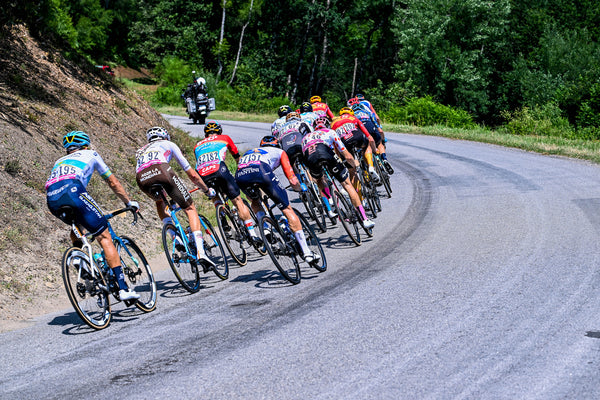The ‘problem of points’ was a maths problem initially posed by the Italian mathematician Luca Pacioli with reference to gambling.
We will get to the cycling.
Imagine a coin-flipping game between two people who have each staked £32, in which the first person to win a certain number of rounds wins the prize pot of £64. The problem Pacioli identified was how to fairly divide the pot if the game was stopped before finding its resolution. His solution was to look at the score, and divide the pot according to the number of rounds won. So a 10-5 lead would result in one player winning two thirds of the pot and the other player one third.
This sounds intuitively fair, but what if the game was interrupted after just one game, asked the 16th-century Italian mathematician Niccolò Tartaglia. One player would win 100 per cent of the pot, which in a large series, would be an unfair outcome. Tartaglia’s solution was to look at the number of rounds and the size of the lead and create a ratio based on these two numbers to divide the pot. However, in a game of 20 rounds, a five-point lead where one player had 19 points and the other 14 would probably be decisive, whereas the same score in a 100-round game would not be decisive. The problem was that Tartaglia’s solution led to the same division of the pot in each case.
Blaise Pascal, a mathematician, physicist and philosopher born in Clermont-Ferrand, finally solved the problem. Instead of looking at the results so far, he looked at the remainder of the game. How many rounds are there left? And what are the chances of each player winning enough rounds to win the pot? Imagine a game that is the best of seven, therefore the winner is the first to four rounds, and the pot is £64. The score is 2-1 to player A when the game is interrupted. Pacioli’s solution would divide the £64 pot by three, and give two thirds (£42.66) to player A and one third (£21.33) to player B. However, looking at the probability for the rest of the game, it is clear that what needs to happen for player A to win the pot is to get two wins before player B gets three, in the next four rounds. There are 16 possible outcomes to those four rounds, and 11 of those scenarios involve two wins for player A (the proof of this is at the bottom of this feature)*. Eleven out of 16 is a 68.75 per cent chance, and 68.75 per cent of the £64 pot is £44, which is £1.33 more than Pacioli’s method would calculate.

